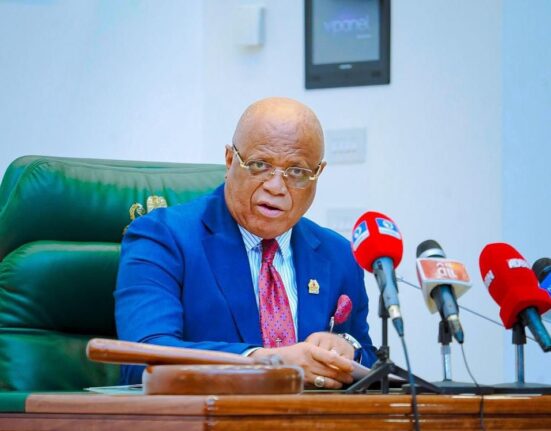The Punjab Province in Pakistan achieved a significant milestone as its Cabinet recently approved the region’s first Comprehensive Child Protection Policy. This landmark decision marks a pivotal moment in prioritizing the safety and well-being of children across the province. Developed by the dedicated efforts of the Child Protection and Welfare Bureau with technical assistance from UNICEF Pakistan, this policy signals a new era in ensuring that every child in Punjab is nurtured, safeguarded, and provided with a just environment to thrive.
Sarah Ahmad, Chairperson of the Child Protection and Welfare Bureau, commended Chief Minister Maryam Nawaz for her unwavering commitment to child protection. Reflecting on the significance of this policy approval, Ahmad remarked,
“The newly approved Child Protection Policy of Punjab lays the foundation for a robust and integrated child protection system across the province. It is designed to safeguard all children from abuse, violence, neglect, exploitation, and harmful practices, ensuring their safety and dignity.”
Emphasizing an inclusive approach to child protection, the policy underscores the importance of collaborative efforts among various stakeholders including families, schools, communities, and government departments. By fostering multi-sectoral partnerships, it aims to establish clear guidelines, protocols, and support services to effectively address concerns related to child protection while simultaneously fortifying legal and social frameworks.
Incorporating international standards such as the United Nations Convention on the Rights of the Child (UNCRC) along with national legal provisions outlined in Pakistan’s Constitution into its fabric, this policy sets a precedent for aligning global best practices with local needs. Its core objective revolves around creating a holistic support system that not only responds promptly to child protection issues but also equips social service workers with specialized training to cater to vulnerable children’s requirements.
To streamline implementation processes and enhance efficiency in handling individual cases proactively, an innovative digital Case Management and Referral System (CP-CMRS) has been introduced under this policy framework. This technological tool will play a pivotal role in monitoring cases comprehensively while facilitating timely interventions when required. Additionally, a centralized Management Information System (MIS) will be instrumental in gathering data systematically, promoting inter-agency coordination amongst various stakeholders involved in child welfare initiatives.
By integrating technological advancements with comprehensive strategies aimed at bolstering child protection mechanisms throughout Punjab’s diverse landscape,
this new policy signifies not just an administrative decision but rather serves as a beacon of hope—a transformative roadmap that underscores society’s collective responsibility towards safeguarding our most vulnerable members: our children.









Leave feedback about this